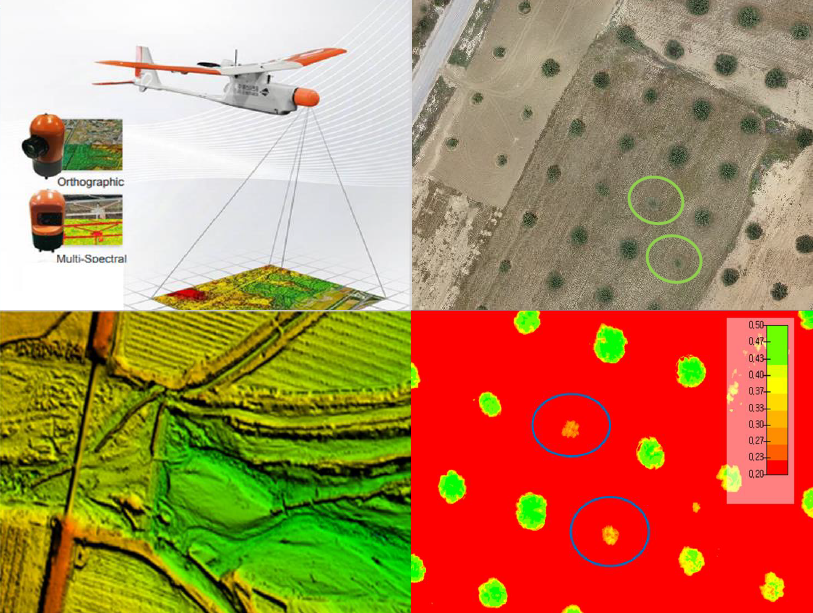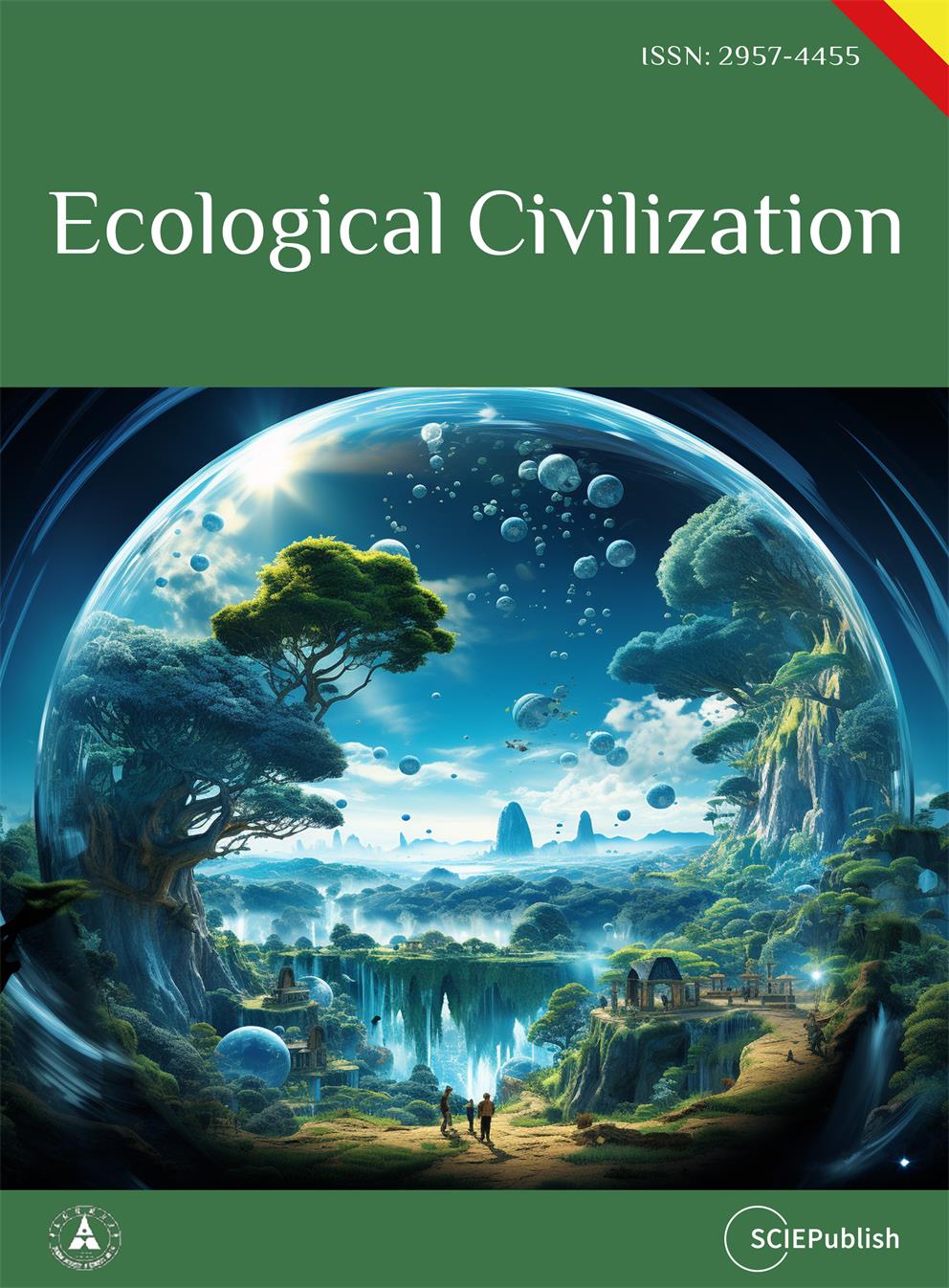Found 2 results
Article
10 March 2025Leveraging Drone Technology for Precision Agriculture: A Comprehensive Case Study in Sidi Bouzid, Tunisia
The integration of drone technology in precision agriculture offers promising solutions for enhancing crop monitoring, optimizing resource management, and improving sustainability. This study investigates the application of UAV-based remote sensing in Sidi Bouzid, Tunisia, focusing on olive tree cultivation in a semi-arid environment. REMO-M professional drones equipped with RGB and multispectral sensors were deployed to collect high-resolution imagery, enabling advanced geospatial analysis. A comprehensive methodology was implemented, including precise flight planning, image processing, GIS-based mapping, and NDVI assessments to evaluate vegetation health. The results demonstrate the significant contribution of UAV imagery in generating accurate land use classifications, detecting plant health variations, and optimizing water resource distribution. NDVI analysis revealed clear distinctions in vegetation vigor, highlighting areas affected by water stress and nutrient deficiencies. Compared to traditional monitoring methods, drone-based assessments provided high spatial resolution and real-time data, facilitating early detection of agronomic issues. These findings underscore the pivotal role of UAV technology in advancing precision agriculture, particularly in semi-arid regions where climate variability poses challenges to sustainable farming. The study provides a replicable framework for integrating drone-based monitoring into agricultural decision-making, offering strategies to improve productivity, water efficiency, and environmental resilience. The research contributes to the growing body of knowledge on agricultural technology adoption in Tunisia and similar contexts, supporting data-driven approaches to climate-smart agriculture.

Review
02 April 2024Mapping the (in)Effective Enforcement of EU Environmental Law in Greece: Lessons from the EU and Domestic Courts
The effective implementation and enforcement of EU environmental law at national level constitutes a thorny issue with both legal and practical aspects. Greece is among the EU Member States which has historically faced difficulties in complying with the EU environmental acquis due to the poor functioning of the Greek administration, the limited manpower, expertise and resources (especially during the recent period of the economic crisis) for the competent authorities, the lack of political will, the low awareness of environmental problems. In this context, this paper aspires to unpack these enforcement challenges at the national level based on the case law of both the Greek Council of State and the Court of Justice of the European Union. Considering that waste management, nature protection, and water and air quality sectors are recognized as areas with the most significant deficiencies in implementation at the domestic level, the analysis will focus on these four key sectors. To this end, by reviewing the relevant EU and Greek jurisprudence, this paper aspires to identify the disparities between the formal requirements and the practical application of EU environmental regulations in Greece in light of the national political, economic, social, and cultural dynamics.
